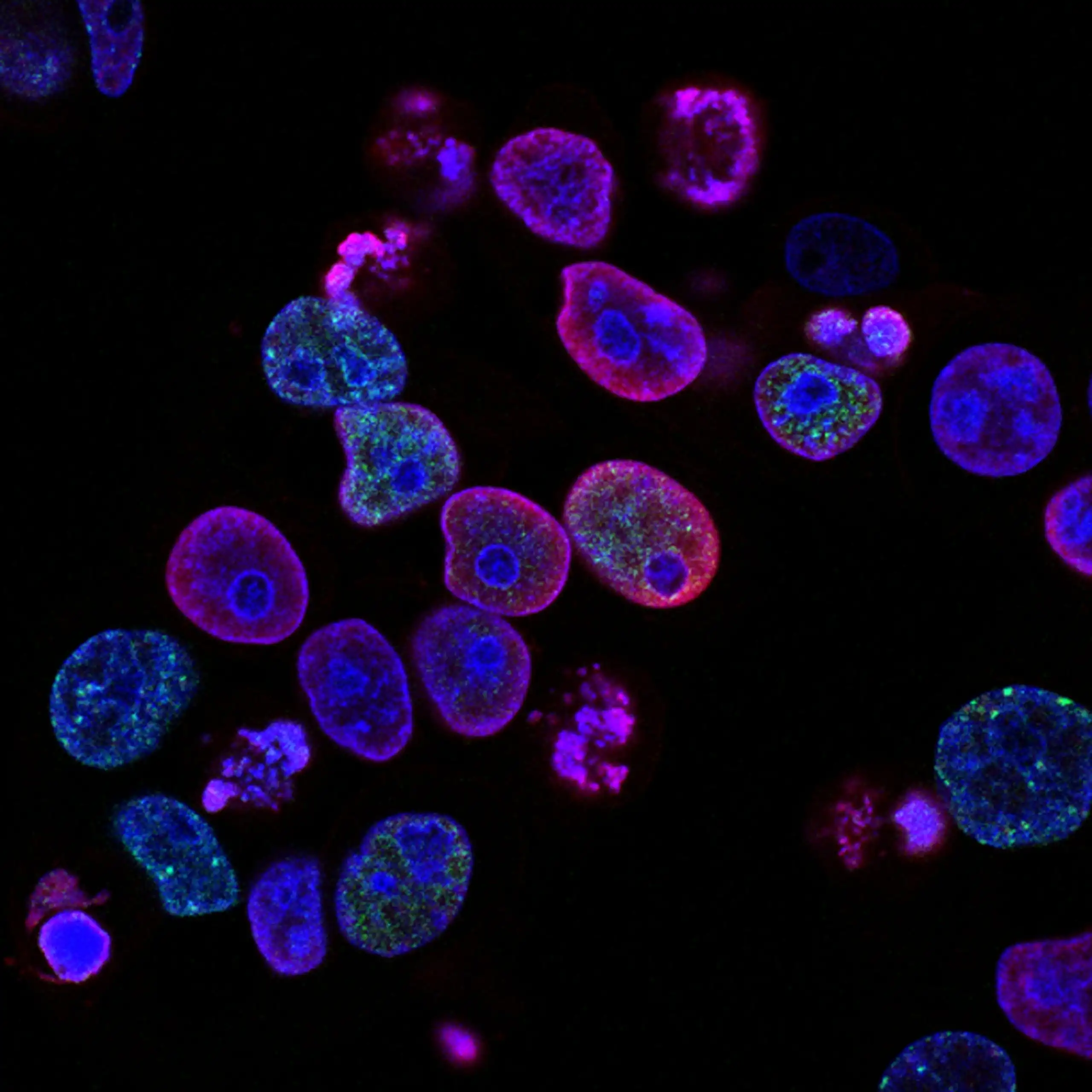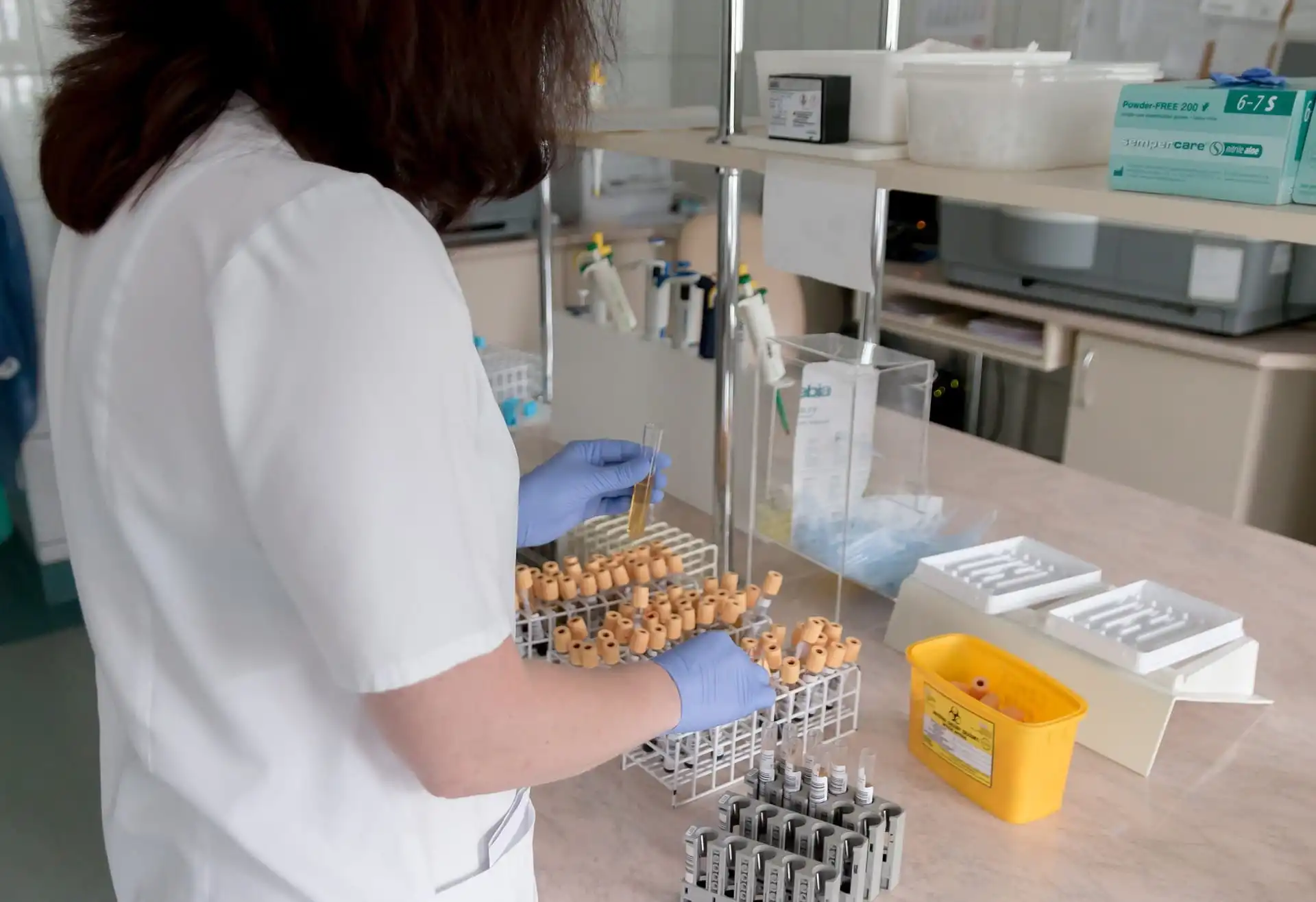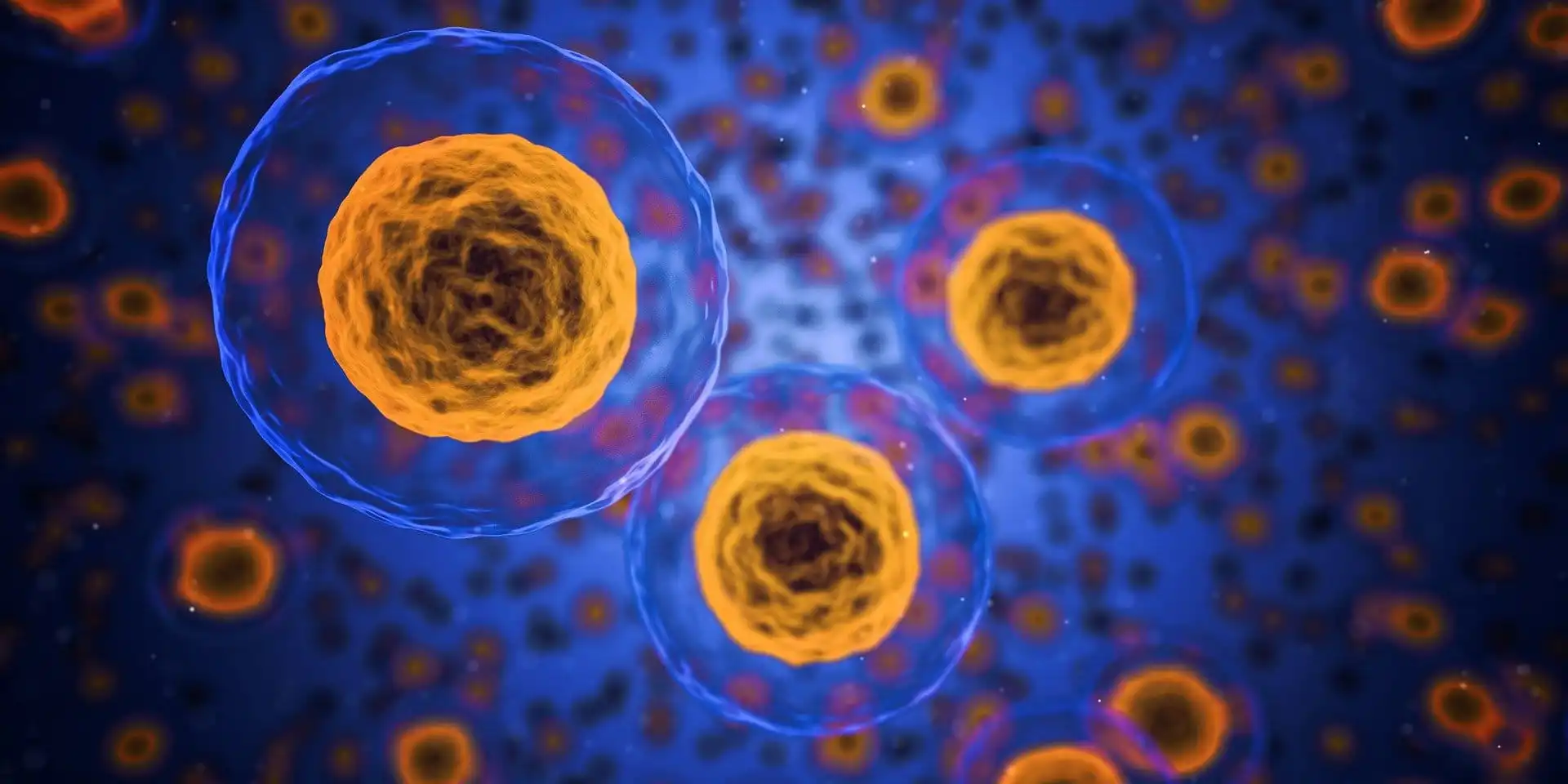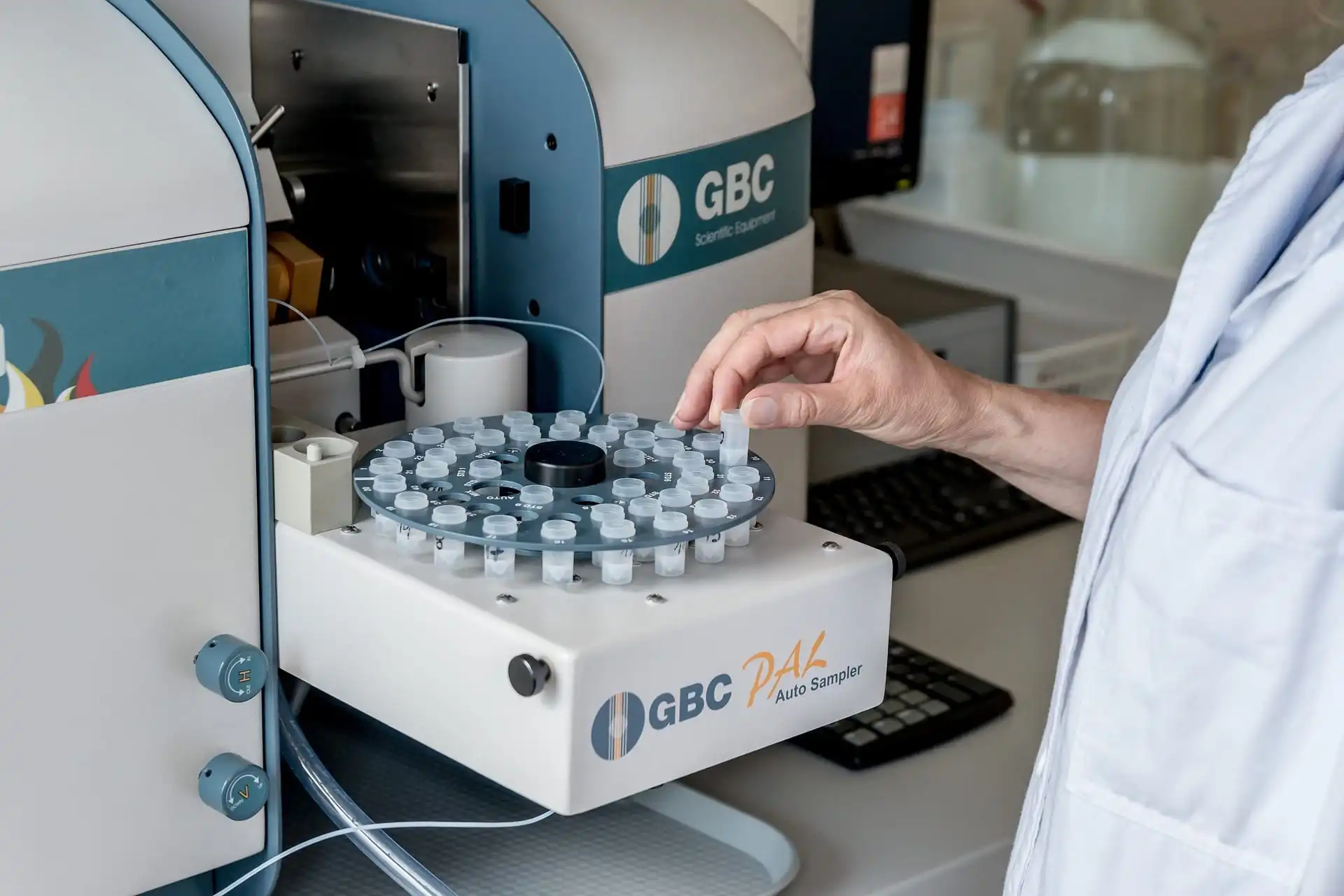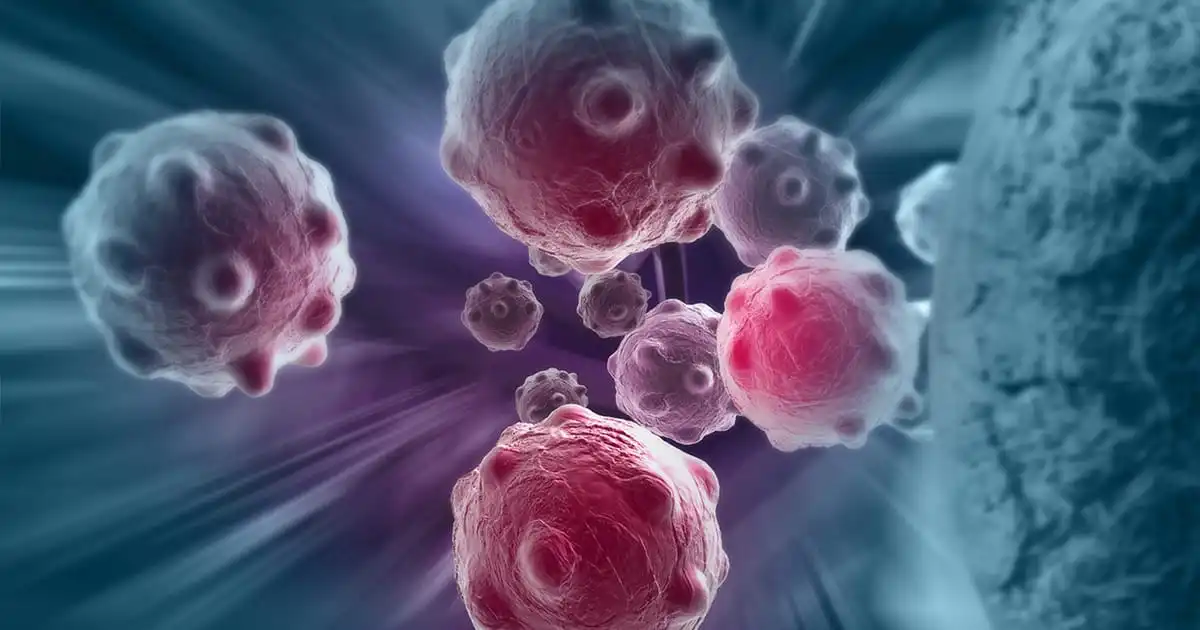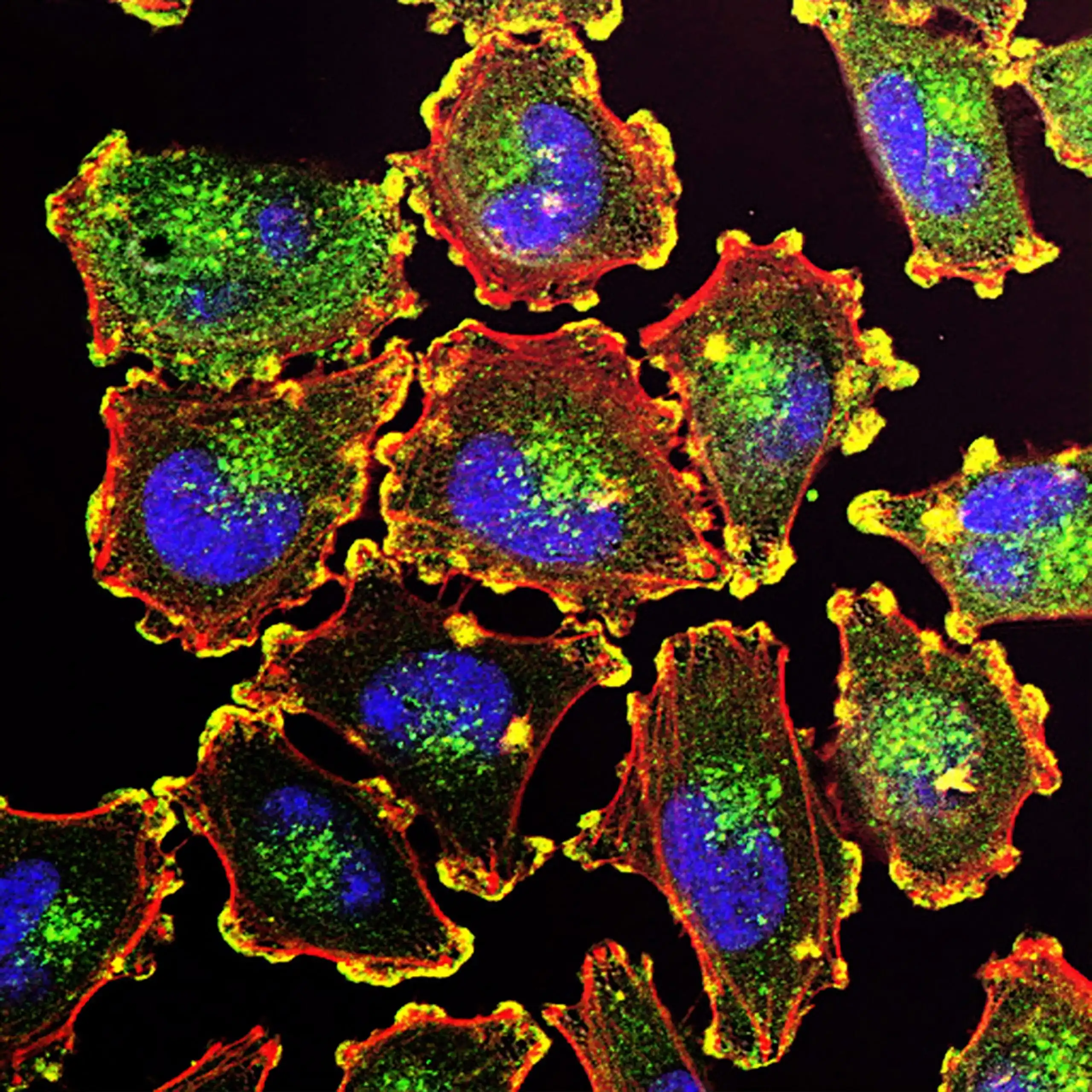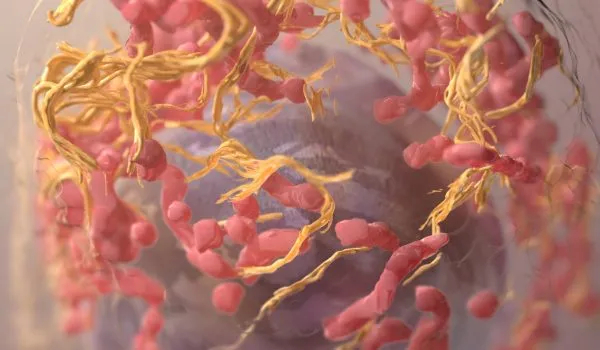
Photo by National Cancer Institute
Cancer continues to be a major global health concern, affecting millions of lives every year. While traditional cancer treatments like surgery, chemotherapy, and radiation therapy have been effective, they often come with significant side effects and may not always provide a long-term cure. In recent years, a groundbreaking approach has emerged in the field of cancer treatment – cancer immunotherapy. This revolutionary method leverages the body’s immune system to fight cancer cells, offering hope for more effective and targeted therapies. In this comprehensive guide, we will explore the principles, types, and promising developments in cancer immunotherapy.
Want to buy GMP API pharmaceutical ingredients ?
MedicaPharma ensures access to GMP active pharmaceutical ingredients across multiple resilient global supply chains. Click here to view a full GMP API product list.
MedicaPharma is capable of supplying all GMP materials needed; our experience with sourcing materials that are difficult to obtain makes us the ultimate choice; just challenge us, we will find any material you need.
Add your Chemical Name below and click GO
Get your requested raw materials quotation
Table of Contents
Understanding Cancer Immunotherapy
Cancer immunotherapy, also known as immuno-oncology, is a treatment strategy that stimulates the patient’s immune system to recognize and attack cancer cells. The immune system, which plays a crucial role in defending the body against infections and diseases, can sometimes fail to recognize cancer cells as harmful and, thus, not eliminate them effectively. Immunotherapy aims to overcome this limitation by enhancing the immune response against cancer, thereby targeting and destroying cancer cells while sparing healthy tissues.
Principles of Cancer Immunotherapy
- Immune Checkpoint Inhibition: One of the most successful and widely used approaches in cancer immunotherapy is immune checkpoint inhibition. Cancer cells often exploit certain molecules on their surface to evade immune recognition. Immune checkpoints are regulatory proteins that prevent the immune system from attacking normal cells, maintaining immune tolerance and preventing autoimmunity. However, cancer cells can hijack these checkpoints to escape immune surveillance. Immunotherapies that target these checkpoints, such as anti-PD-1 and anti-CTLA-4 antibodies, block the inhibitory signals, thereby unleashing the immune system to attack cancer cells more effectively.
- Adoptive Cell Therapy (ACT): ACT involves the extraction and modification of a patient’s immune cells, such as T cells, outside the body. These cells are then genetically engineered to express chimeric antigen receptors (CARs) or T-cell receptors (TCRs) that target specific cancer antigens. After expansion in the laboratory, the modified T cells are infused back into the patient, where they can recognize and destroy cancer cells more efficiently.
- Cancer Vaccines: Cancer vaccines aim to train the immune system to recognize and attack cancer cells. Unlike traditional preventive vaccines, cancer vaccines are therapeutic and designed to trigger an immune response against existing cancer cells. They can be based on cancer-specific antigens or whole tumor cells. While cancer vaccines have shown promise in some cancers, their efficacy remains an active area of research.
- Oncolytic Viruses: Oncolytic viruses are engineered viruses that selectively infect and destroy cancer cells while sparing normal cells. Additionally, these viruses can stimulate the immune system to mount an immune response against cancer cells. Oncolytic viruses have the potential to be combined with other immunotherapies to enhance their effectiveness.
Get your requested raw materials quotation
Types of Cancer Immunotherapy
Cancer immunotherapy encompasses various treatment modalities, each targeting different aspects of the immune response against cancer. Some of the major types of cancer immunotherapy include:
- Immune Checkpoint Inhibitors: As mentioned earlier, immune checkpoint inhibitors (ICIs) are a widely used form of immunotherapy. Drugs like pembrolizumab, nivolumab, and ipilimumab have shown remarkable success in treating various types of cancer, including melanoma, lung cancer, and renal cell carcinoma.
- CAR T-Cell Therapy: CAR T-cell therapy has shown remarkable success in treating certain blood cancers, such as acute lymphoblastic leukemia (ALL) and certain types of lymphoma. The FDA-approved CAR T-cell therapies include tisagenlecleucel and axicabtagene ciloleucel.
- Therapeutic Antibodies: Monoclonal antibodies are laboratory-produced antibodies that can target specific cancer cells. Rituximab, trastuzumab, and cetuximab are examples of therapeutic antibodies used to treat various cancers.
- Cancer Vaccines: Cancer vaccines can be categorized into two types: preventive vaccines, like the HPV vaccine to prevent cervical cancer, and therapeutic vaccines aimed at treating existing cancer.
- Oncolytic Viruses: Talimogene laherparepvec (T-VEC) is an oncolytic virus used for the treatment of advanced melanoma.
Clinical Success and Future Potential
Cancer immunotherapy has shown remarkable success in certain types of cancer, leading to durable responses and even cures in some cases. For example, immune checkpoint inhibitors have significantly improved the survival rates of patients with metastatic melanoma, lung cancer, and bladder cancer.
In CAR T-cell therapy, the complete remission rates for patients with relapsed or refractory B-cell acute lymphoblastic leukemia have been outstanding. Similar encouraging results have been observed in certain types of lymphoma.
The field of cancer immunotherapy is rapidly evolving, and ongoing research is focused on expanding its potential. Combination therapies, where different immunotherapies are used together or in conjunction with traditional treatments, are being explored to enhance their efficacy and overcome resistance mechanisms.
Moreover, researchers are continually discovering new immune targets and developing innovative approaches, such as personalized neoantigen vaccines, to make cancer immunotherapy more effective and accessible to a broader range of patients.
Where to Buy GMP-Grade CDCA
MedicaPharma is an EU-based API supplier and distributor that leverages relationships with the world’s leading manufacturers to provide clients and partners with high-quality GMP-certified APIs and raw materials. Click here for a product list.
Conclusion
Cancer immunotherapy represents a groundbreaking paradigm shift in cancer treatment, harnessing the body’s immune system to combat cancer cells effectively. The success of immune checkpoint inhibitors, CAR T-cell therapy, and other immunotherapies has demonstrated their potential to revolutionize cancer care.
However, challenges remain, including the need to identify predictive biomarkers to select patients who are likely to benefit from specific immunotherapies and the management of potential side effects. Nevertheless, the future of cancer immunotherapy looks promising, and ongoing research and clinical trials hold the key to further improving outcomes and making immunotherapies a cornerstone of cancer treatment. As we continue to unlock the secrets of the immune system, cancer immunotherapy offers hope and renewed optimism in the fight against this devastating disease.
